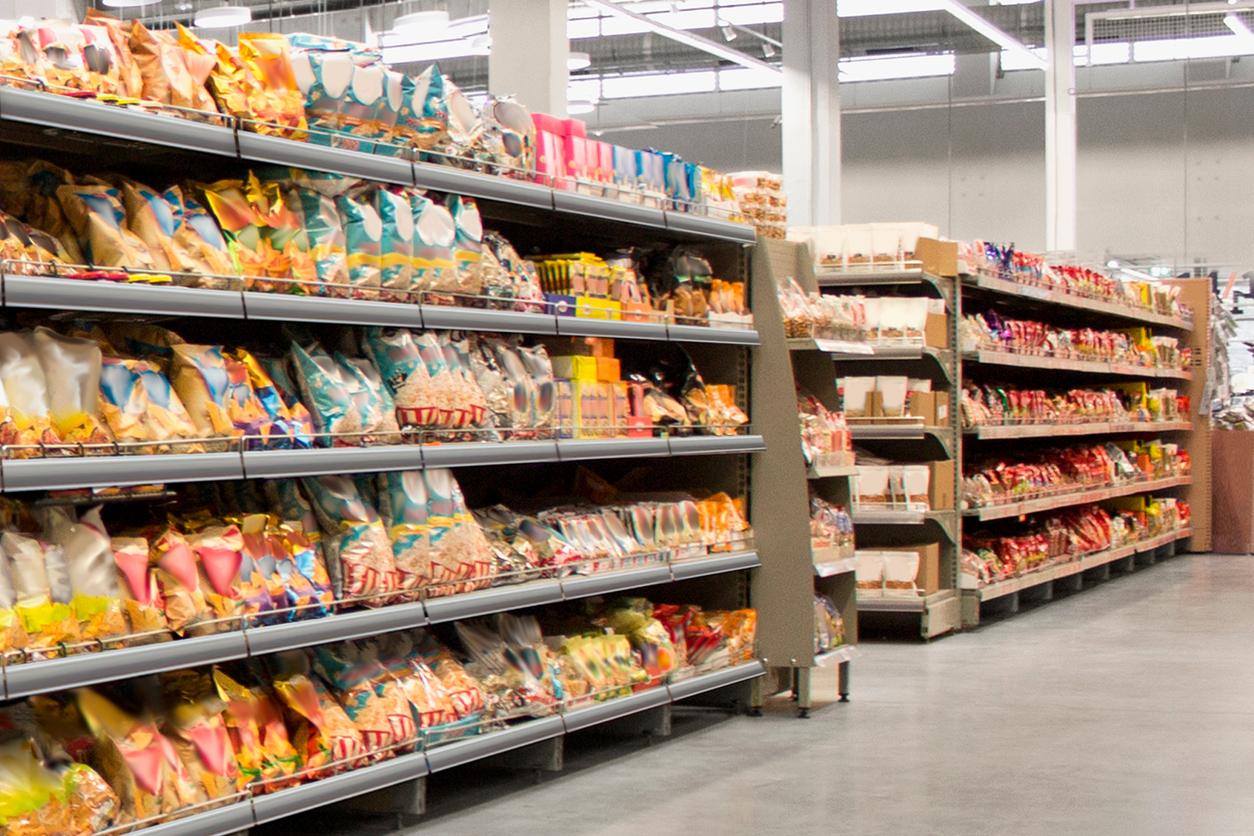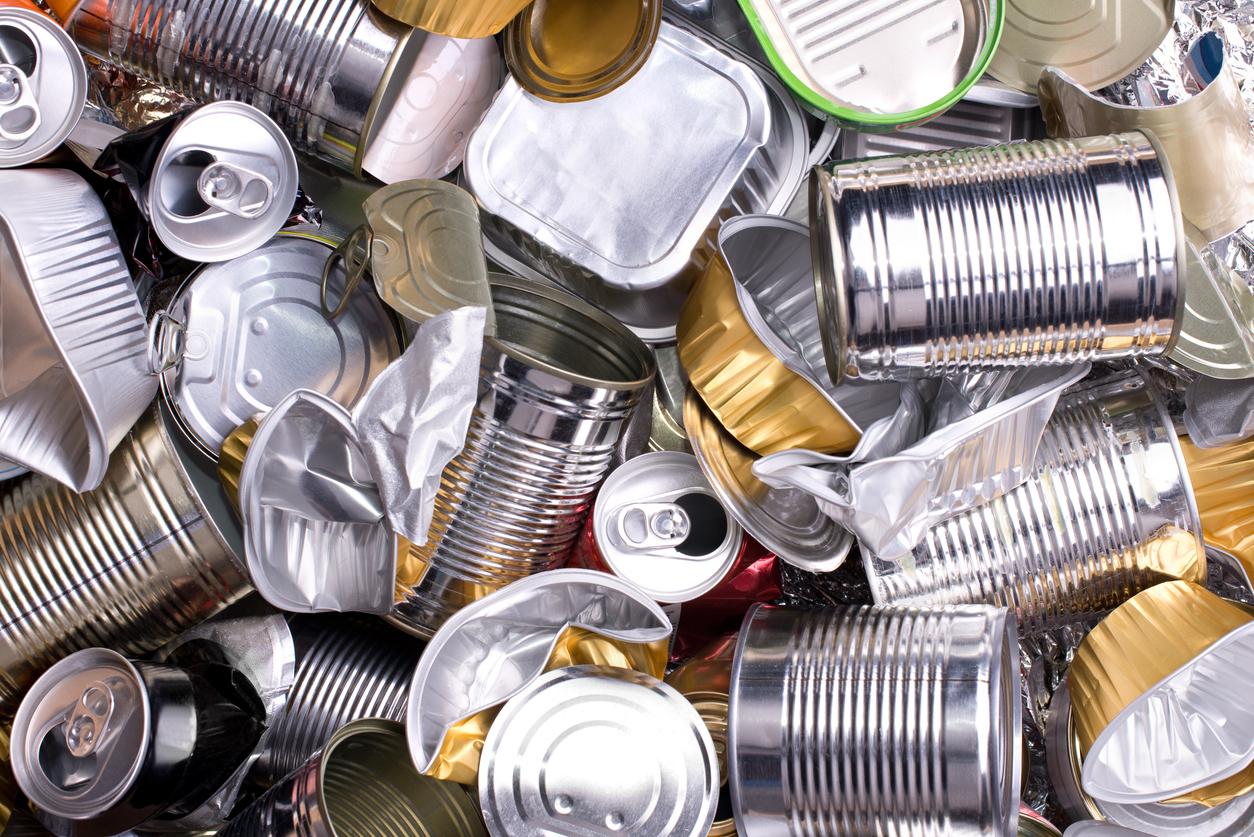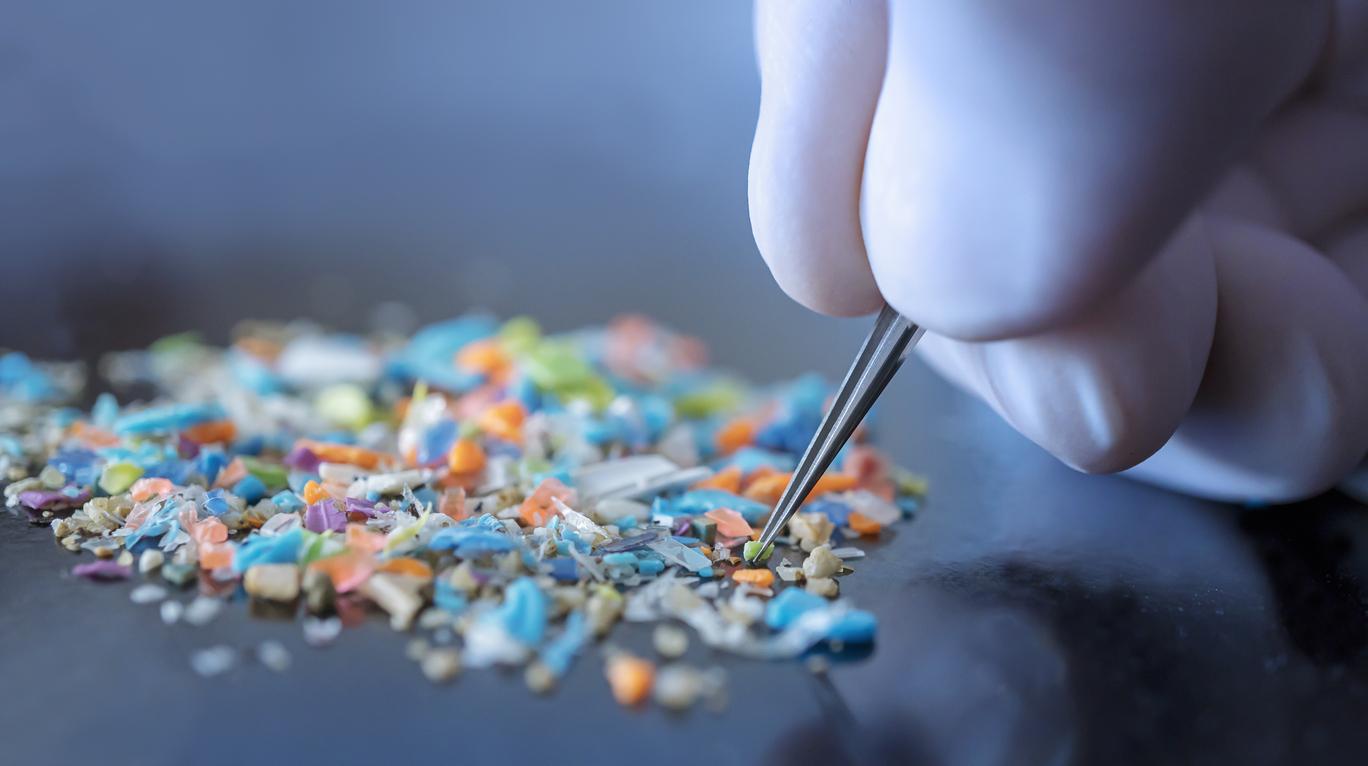Beware of “compostable” or “biodegradable” plastic bags in compost bins: here is the new message from the Health Security Agency (ANSES). They are sometimes used to deposit organic waste before being brought to the main bin, but they should not be added there, because their degradation is not guaranteed. The risk ? Pollute your compost, and the place where you will put it next. Explanations.
There are three types of plastic bags that can be used for composting: biosourced, biodegradable and compostable. The former come from natural fibers (at least 50%) such as corn, the latter “degrade under the action of micro-organisms”, the latter also degrade but “under specific conditions (temperature, hygrometry) of composting”. It is estimated thatthey manage to destroy more than 90% within 6 to 12 months.
Danger to the environment and human health
The problem with these materials is that we cannot properly control their destruction. In fact, we are not sure that the plastic will disappear completely. ANSES explains: “when an individual spreads compost in his vegetable garden to grow vegetables, for example, contamination of the environment or local cultures cannot be excluded”.
Pollutants persist, such as polymers, residual monomers, additives, inorganic fillers that pose dangers to human health, but also for the environment. This leads ANSES to advise not to put anything that is not organic in the compost, as a safety measure.
At the same time, ANSES would like the composting system, whether industrial or domestic, to be reviewed: by establishing “a single standard integrating an assessment of biodegradability in all environmental media and setting more constraints such as the absence of endocrine disruptors, carcinogenic, mutagenic or reprotoxic substances”.
Source: Prohibit plastics from household compost, ANSES, 28 November 2022.
















